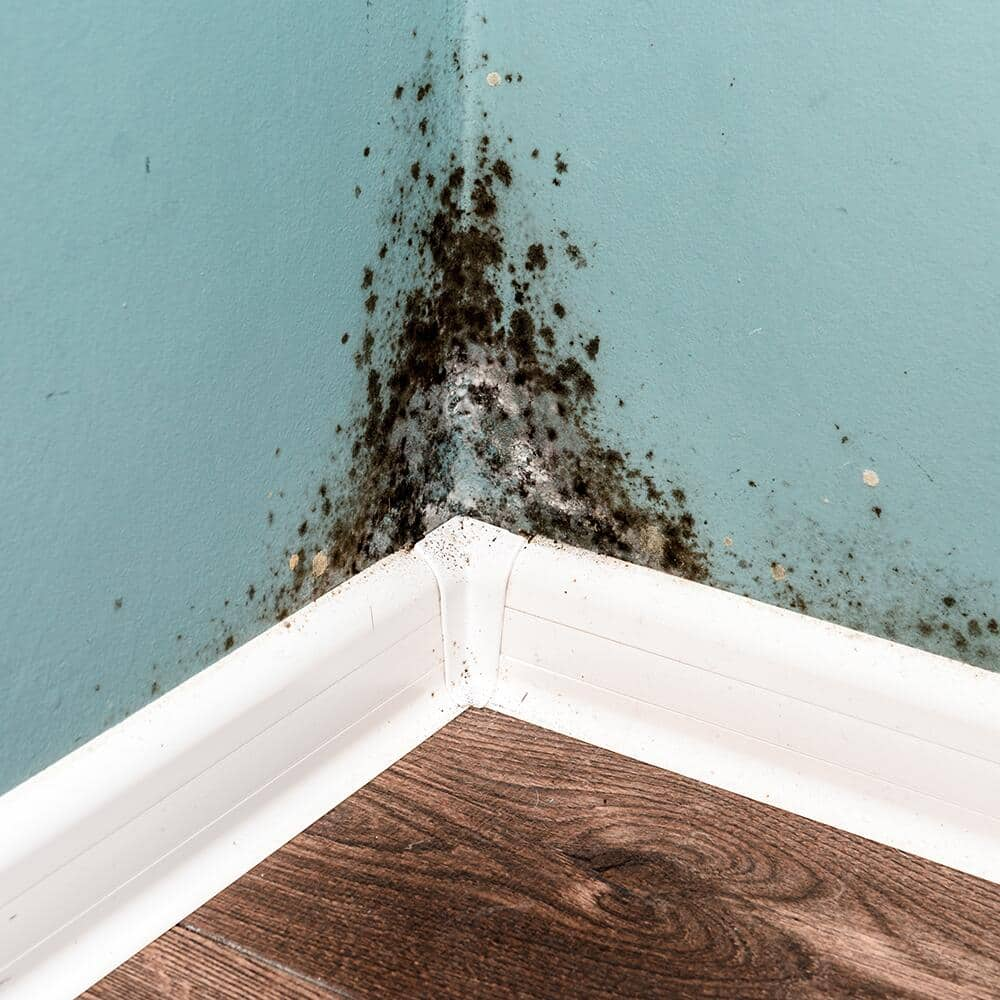Apply Now
Essential Guide to Effectively Treat Baby Acne in 2025
Baby acne is a common issue that many parents encounter, particularly during the first few months of their infant’s life. Despite its name, baby acne is a benign condition that usually resolves without intervention. However, understanding how to treat baby acne effectively can ensure that your baby’s skin remains healthy and comfortable. From identifying the causes to exploring pediatrician-recommended solutions, we’ll cover everything you need to know about baby acne treatments.
In this comprehensive guide, we will delve into effective baby acne remedies and natural treatments, while emphasizing the importance of gentle cleansers and moisturizing baby skin. Moreover, we’ll explore how to avoid acne triggers and provide a baby skincare routine that caters specifically to your infant's needs. Key takeaways will be incorporated throughout the article, preemptively addressing concerns that new parents might have about their child's skin.
With the right knowledge and products, you can help keep your baby’s skin soft and clear. Let’s explore the effective approaches to treating baby acne.
Understanding Baby Acne Causes
Understanding the root causes of baby acne is the first step in effectively managing this common skin concern. Baby acne, often appearing as tiny red bumps or pimples primarily on the cheeks, chin, and forehead, typically arises due to hormonal changes passed through the placenta during pregnancy. These hormonal fluctuations stimulate oil production in babies' skin, leading to clogged pores.
Another common cause is the accumulation of milk or other substances on the skin, which may irritate and lead to acne-like eruptions. It is crucial for parents to recognize that baby acne is not related to poor hygiene or dietary choices, making it important for parents to approach the condition with calm understanding.
Baby acne is usually self-limiting, with symptoms appearing between two to four weeks after birth, and it generally resolves on its own in a few months. With this knowledge, parents can determine the best practices for their infant's skincare without unnecessary anxiety.
Signs of Baby Acne
When it comes to recognizing baby acne, parents should be vigilant for specific signs. Baby acne typically appears as red or white bumps on the face, especially in the areas surrounding the cheeks, chin, and forehead. These bumps can sometimes resemble small zits or clogged pores and may appear in clusters.
Parents may also notice that the condition can fluctuate; symptoms may worsen in hot weather or after a feeding. While baby acne can sometimes resemble heat rash or eczema, distinguishing between these conditions requires attentiveness to the specific characteristics of the breakouts.
If you observe persistent or severe acne-like symptoms beyond a few months, consulting with a pediatric dermatologist can help in making an accurate diagnosis.
What Makes Baby Acne Worse?
There are several factors that can exacerbate baby acne. For example, excessive friction from clothing, blankets, or even diapers can aggravate sensitive skin. Additionally, infrequent cleansing of the baby’s face might contribute to the build-up of oils and irritants, which can worsen the condition.
Certain baby care products can also trigger flare-ups. Using heavy creams or products that contain fragrances and harsh chemicals could lead to irritation. Hence, opting for baby-safe and hypoallergenic products is essential.
Moreover, environmental factors, such as humidity and heat, can impact the severity of acne. Keeping your baby's face clean and free from sweat or milk can help prevent acne outbreaks and ensure that the skin remains comfortable.
Pediatrician Recommended Acne Treatments
When it comes to treating baby acne, pediatricians often recommend a gentle approach. Opt for gentle cleansers for baby that do not contain harsh chemicals or fragrances. This will help clean the skin without stripping it of its natural oils. For example, soft, hypoallergenic washes can be beneficial.
In some cases, a pediatrician may recommend topical treatments specifically designed for babies with mild acne. These treatments are formulated to be gentle on infant skin while effectively addressing breakouts. It's crucial to follow the pediatrician's advice closely for any prescribed treatments to ensure the safety and health of your baby.
If baby acne appears to be persistent or worsening, always consult your pediatrician or dermatologist to discuss specialized acne-safe baby products.
Effective Baby Acne Home Remedies
When seeking solutions for baby acne at home, several natural remedies can be beneficial. However, it's essential to approach these remedies carefully and observe your baby's reaction to ensure safety.
One popular natural remedy involves using aloe vera. Known for its anti-inflammatory properties, aloe vera can help soothe and heal irritated skin. Simply apply a small amount of pure aloe vera gel to the affected areas, allowing it to absorb into the skin without rinsing.
Another method involves utilizing natural oils. Essential oils, such as tea tree oil, should be avoided as they can be too harsh for a baby. However, diluted coconut oil can hydrate the skin, promoting healing and moisture retention.
Finally, ensure your baby has plenty of breast milk if breastfeeding, as it contains antibodies that can help bolster the baby’s skin resilience. Always remember to introduce any new remedy gradually and monitor for any signs of irritation or adverse reactions.
How to Cleanse Baby's Face
Maintaining cleanliness is paramount for managing baby acne. Gently cleansing the baby’s face daily with warm water can help reduce the accumulation of oils and impurities. Avoid using excessive pressure; instead, opt for a soft washcloth or your hands to wipe the skin gently.
Introduce a mild, unscented cleanser designed for infants if needed. Approach cleaning after feedings or naps when the skin may be more prone to irritation from residue.
A consistent cleansing routine can also alleviate any build-up that may contribute to acne flare-ups. If you notice your baby has sensitive skin, consult with your pediatrician about the best practices tailored to your baby's unique needs.
Soothing Creams and Moisturizers
Incorporating moisturizing creams into your baby’s skincare routine can greatly benefit their skin. Choose moisturizing baby lotion made with safe, calming ingredients such as shea butter or chamomile. This helps to counteract any dryness that can result from cleansing and ensures the skin barrier remains intact.
When applying creams, do so with a soft touch, using just a pea-sized amount and massaging it gently into the skin. Avoid heavy creams that may result in clogged pores.
Additionally, if using moisturizing creams, select non-comedogenic products that are explicitly made for acne-prone skin, as these will further assist in preventing outbreaks.
Preventative Measures for Baby Acne
Prevention is key when it comes to managing baby acne effectively. Establishing a daily skincare routine can significantly reduce the likelihood of breakouts. This includes gentle cleansing, regular moisturizing, and avoiding overly stringent products.
Monitor the baby’s skin closely and assess for any signs of irritation or acne after introducing new products. Pay attention to environmental factors as well – high temperatures and humidity can worsen skin issues and should be balanced with their comfort in mind.
It’s also essential to keep track of acne triggers. Whether it be food, products, or environmental factors, recognizing what influences your baby's skin health will empower you to make better choices.
Lastly, always seek expert advice from pediatric dermatologists if concerned about changes in the condition of your child's skin, or if baby acne persists beyond typical resolution periods.
Q&A Section: Caring for Baby's Skin
When should I see a doctor for baby acne?
If baby acne persists beyond three to six months, causes discomfort, or appears to be worsening despite gentle care, consult a pediatrician for further evaluation. Signs of infection, such as pus, redness, or swelling, also warrant a medical visit.
Can baby acne spread to other parts of the body?
Baby acne is not contagious and typically remains localized to the face. However, it should be monitored and treated appropriately to prevent potential irritation in nearby areas.
What is the connection between feeding and baby acne?
Some studies suggest that hormones present in breast milk can influence acne development. However, baby acne generally diminishes naturally with time as the baby’s hormones stabilize.
How long does baby acne typically last?
Baby acne typically resolves within a few months but can vary significantly. Many babies see improvement by the time they reach six months of age.
Can I use adult acne products on my baby's skin?
No, adult acne treatments can be too harsh for a baby’s sensitive skin. It’s crucial to use pediatrician-approved products specifically formulated for infants to avoid causing irritation or further complications.




